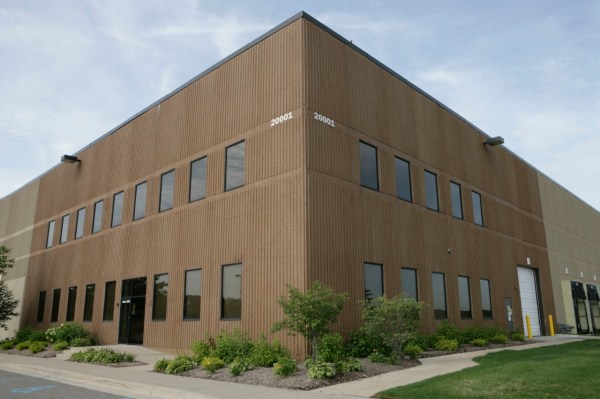Automakers GM and Honda are teaming up on a new venture to jointly manufacture hydrogen fuel cells at scale, with plans to start mass production by 2020 and a combined investment of $85 million split evenly between the two companies dedicated to the effort. Both GM and Honda intend to use the resulting hydrogen fuel cell system in future products, according to the companies.
The joint venture, which will be called Fuel Cell System Manufacturing, LLC, will build the fuel cells at GM’s existing Brownstown, Michigan-based battery pack construction facility, where it currently assembles battery packs for its Volt and Bolt EVs.
GM has been working on hydrogen fuel cell technology for quite some time across a number of industries. It’s working with the U.S. Navy on a fuel-cell powered submarine drone, for instance, and it’s also been developing a Colorado ZH2 test truck for the U.S. Army with a fuel cell powertrain that has a lot of flexibility when it comes to mission-based use.
Overall, the company has invested around $3 billion in development of fuel-cell tech, and is looking to field a fuel cell vehicle for consumers as soon as 2020. GM announced a partnership with Honda to develop production fuel cell technology back in 2013, and their timelines were remarkably similar to the one announced today. The companies also revealed their new, much smaller and more compact fuel cell design.
Dan Nicholson, VP of Global Propulsion Systems at General Motors said at a press conference announcing the joint venture that “we can safely say that today’s announcement officially marks the arrival of fuel cells.”
[gallery ids="1445115,1445114,1445113"]
Honda has a hydrogen fuel cell vehicle available already, in the FCX Clarity. The sedan will be joined by two other models, a fully electric and a plug-in hybrid, later this year.
By combining their efforts, Honda and GM are hoping to help drive manufacturing costs lower, faster. Demand for fuel cell systems across both automakers will help boost scale, and since the two are collaborating on sourcing, they’ll be able to achieve better prices for components from suppliers, too.
Fuel cell technology has significant advantages in terms of range and efficiency vs. both traditional fossil fuel vehicles and purely electric options, with advantages when it comes to refuelling times vs. electric charge.
